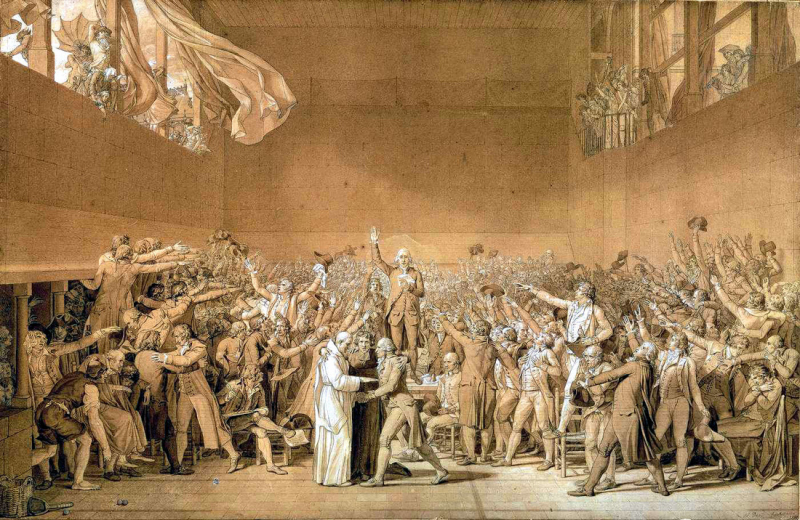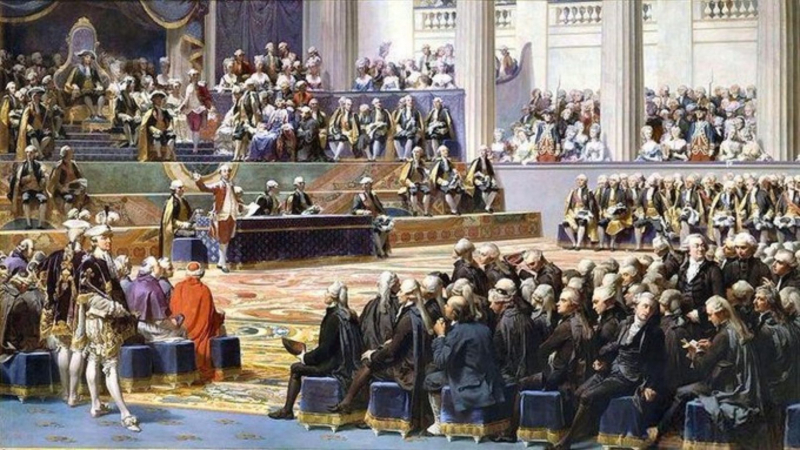The National Assembly
Louis XVI reluctantly gave the National Assembly his approval after many nobles and clergymen joined it. However, he also sent several army regiments into Paris and the surrounding area, raising concerns that he would use force to disperse the gathering.
Then, on July 11, the king fired Jacques Necker, his sole non-noble minister, for being popular and reform-minded. The following day, protestors thronged Paris' streets and harassed royalist soldiers to the point where they evacuated the city. Crowds also set fire to the majority of Paris' despised customs stations, which levied taxes on goods, and started frantically looking for food and weapons.
On the morning of July 14, unrest increased when an unruly mob took possession of some 32,000 muskets and a few cannons from the Hôtel des Invalides (a military hospital) before focusing on the vast amount of gunpowder kept in the Bastille.










